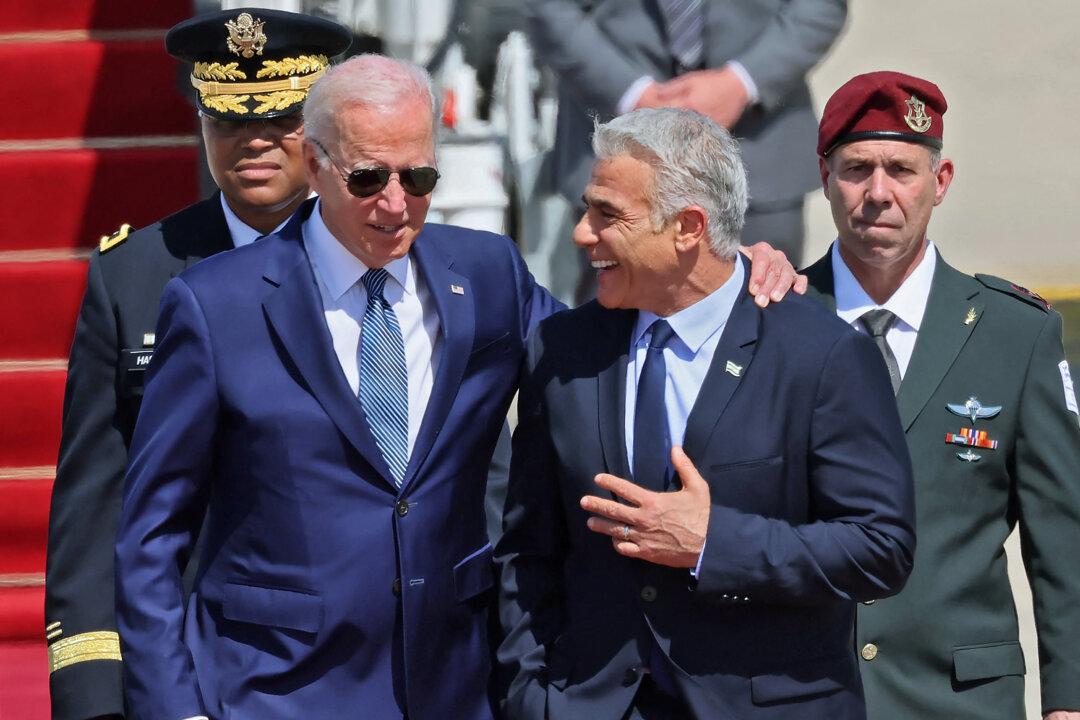President Joe Biden has welcomed Saudi Arabia opening its airspace to all air carriers, including flights to and from Israel, marking an end to a ban on flights from the latter and a step toward normalizing relations between the two countries.
Biden is set to visit Saudi Arabia on Friday where he will meet with King Salman and Crown Prince Mohammed Bin Salman.




